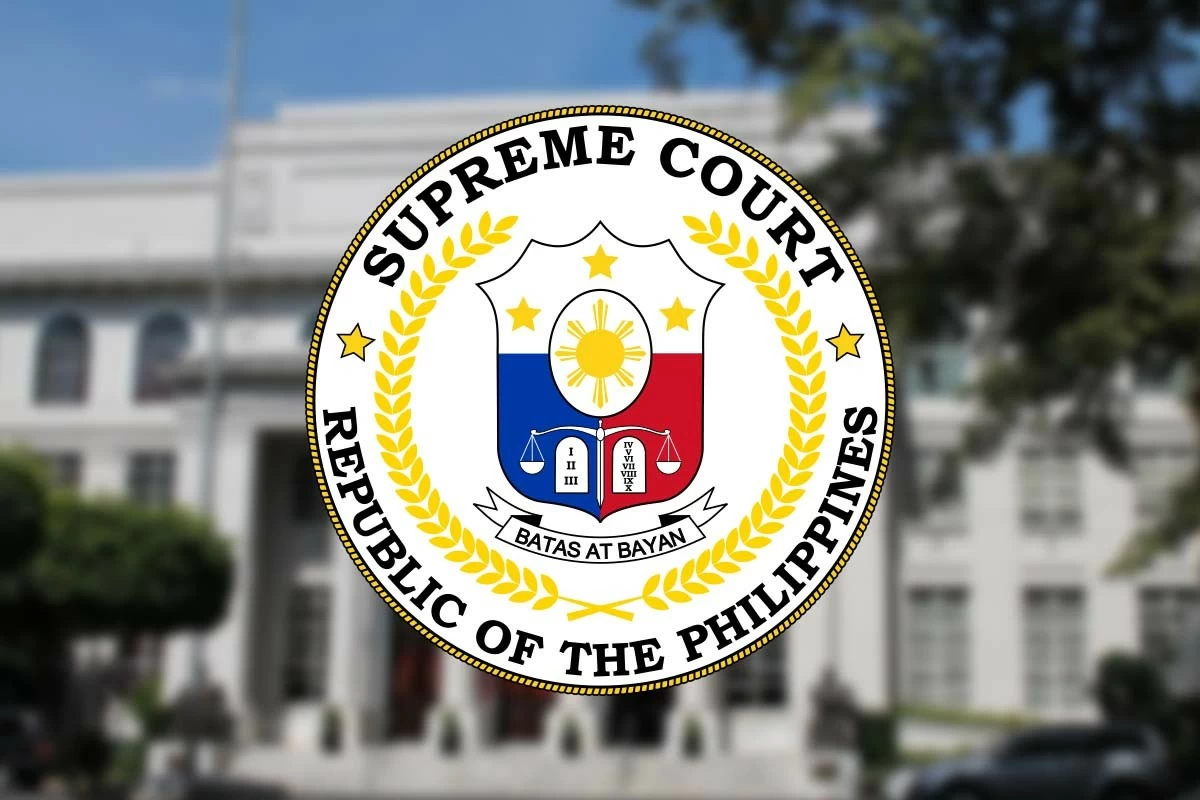
SC seals victory of Edgar Erice as Caloocan City congressman
The Supreme Court (SC) has sealed the victory of Caloocan City 2nd District Rep. Edgar R. Erice in the 2025 elections with the dismissal of the disqualification order issued against him by the Commission on Elections (Comelec). In a decision written by Associate Justice Henri Jean Paul B. Inting and made public on Wednesday, Oct. 15, the SC reversed the Comelec’s ruling that disqualified Erice as a candidate for alleged violation of the Omnibus Election Code (OEC). Erice appealed the ruling in a petition before the SC which issued a temporary restraining order (TRO) that stopped the enforcement of the Comelec’s disqualification order. Last May 13, the Comelec declared Erice winner in the congressional election with 105,363 votes. He dislodged then incumbent congresswoman Mitch Cahayon-Uy who garnered 75,719 votes. A summary of the decision issued by the SC’s Office of the Spokesperson stated that the Comelec’s disqualification order was based on Section 261(z)(11) of the OEC which prohibits spreading false or alarming information regarding ballot printing, election postponement, or the general conduct of elections when the statements are intended to disrupt the election process. Erice issued statements to the media in April 2024 and claimed that the automated counting machines from Miru Systems (Miru) had never been used in any election worldwide. He also questioned the P18 billion contract between the Comelec and Miru and alleged that the bidding rigged, among other allegations. In his defense, Eric said there was no violation because the prohibition against spreading false or alarming information applies only to statements made during an actual election, and within the vicinity of voting centers. At the same time, he said his statements were protected under his right to free speech. In Resolution No. 11046, Erice was disqualified by the Comelec’s second division and its ruling was affirmed by the Comelec as a full commission. In granting Erice’s petition, the SC said that under Section 1(c)(3)(viii) of Comelec Resolution No. 11046, candidates can only be disqualified if a competent court has already found them guilty of violating the OEC or the Local Government Code in a separate proceeding. It is the final decision finding the candidate guilty which can serve as the basis for disqualification, the SC said. It also said that under the OEC, Comelec has the authority to investigate election offenses, while the Regional Trial Courts have the power to decide if an offense was committed. In the case of Erice, the SC said the Comelec did not observe the proper legal steps when it directly declared that Erice was guilty and then proceeded to disqualify him. It pointed out that the prohibition against spreading false or alarming information is not among the grounds for disqualification under Section 68 of the OEC. There is a violation when a person spreads false or alarming reports about ballot printing, election postponement, polling place transfers, or the general conduct of elections, to disrupt the election process or confuse voters, it said.